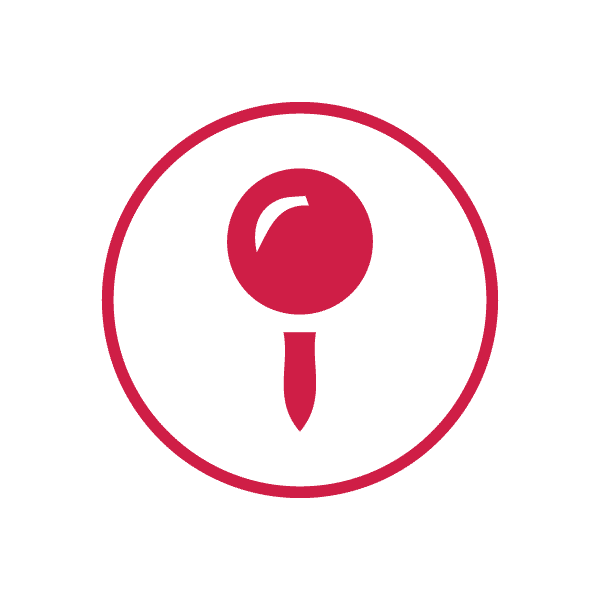A currency pair is a quote for two currencies that are not the same. It's the amount you'd pay for a unit of another currency in one currency. For example, if you get quoted EUR/USD 1.13, it means you can exchange 1 Euro for 1.13 US Dollars.
When the value of one currency changes, the value of another currency changes as well. Suppose the EUR/USD quotation rises from 1.13 to 1.15 tomorrow. In that case, it indicates that the Euro has appreciated against the US dollar, or that the US dollar has depreciated against the Euro, since buying 1 Euro will cost more US dollars.

















